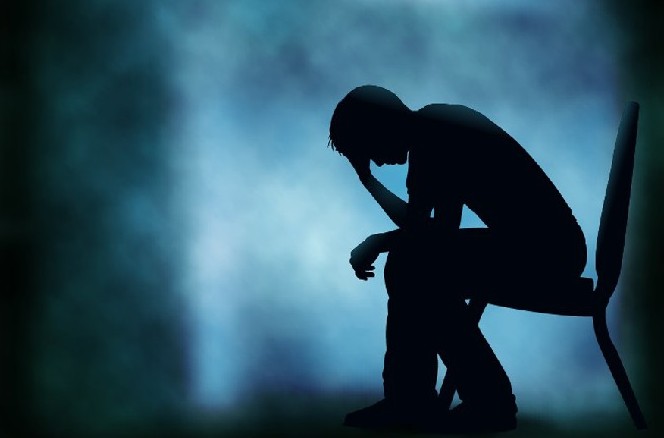Depression and Anxiety
Understanding Clinical Depression: Symptoms, Risks, and When to Seek Help
Learn what defines clinical depression, how to recognize its warning signs, and why early treatment is essential for long-term mental health.

A report published by the World Health Organization (WHO) reveals that the most common mental disorder in the Western world is depression, affecting more than 350 million people worldwide. The WHO estimates that by 2030, it is expected to become the most severe illness affecting humanity.
Clinical depression is currently a leading cause of disability in the United States and other countries. Most people who suffer from depression do not seek treatment, for various reasons, including:
Lack of awareness of their condition
Shame or stigma
Financial cost
Lack of trust in treatment effectiveness
Attempting to manage it on their own
What is Clinical Depression?
Clinical depression is characterized by a broad and persistent pattern of low mood, low self-esteem, loss of interest or pleasure in activities that are usually enjoyable, sadness, despair, feelings of guilt, and hopelessness.
Often, physical symptoms accompany the emotional distress, such as fatigue, headaches, and digestive problems.

According to the DSM (Diagnostic and Statistical Manual of Mental Disorders), a person is considered to be experiencing clinical depression if they exhibit at least 5 of the following 9 symptoms over a period of two weeks or more:
Depressed mood for most of the day, nearly every day
Markedly diminished interest or pleasure in almost all activities most of the day
Significant weight loss or gain without trying, or daily increase or decrease in appetite
Insomnia or excessive sleep nearly every day
Psychomotor agitation or retardation (restlessness or slowed movements) nearly every day
Fatigue or loss of energy nearly every day
Feelings of worthlessness or excessive guilt
Diminished ability to think or concentrate, or indecisiveness
Recurrent thoughts of death or suicide attempts
Important:
If suicidal thoughts or behavior is present, it is crucial to seek help immediately and consult a psychiatrist or mental health professional without delay.

